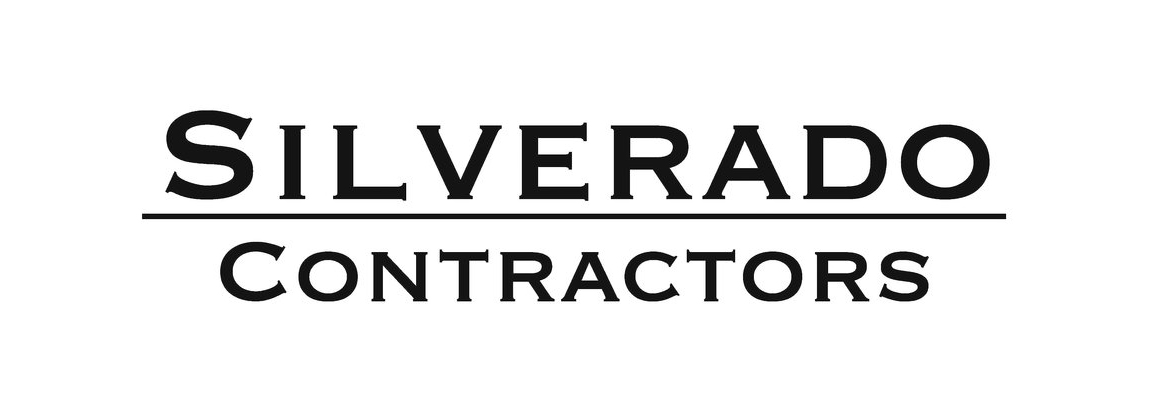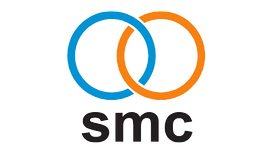
FAQ
Take a tour of
StormWater Specialists.
FAQ
What is an SWPPP and why is it needed?
A SWPPP is a Storm Water Pollution Prevention Plan. In most States, it must be developed prior to any ground breaking activity, and is required for both development and residential construction stages. SWPPP are often required for permitting and the NOI (notice of intent). Many organizations have applied for permits without a SWPPP under the notion that the few paragraphs under the "Erosion Plan" on the construction plans will suffice. When signing the NOI, one is acknowledging creation of a SWPPP in States that require one. SWPPP contains information on, among other items, vegetation, hazardous materials, endangered species, BMPs, historical data, intended sequence of events, spill prevention program and wetlands. The SWPPP shall be amended whenever there is change in design, construction, operation or maintenance which has a significant effect on the potential for discharge of pollutants to surface waters of the state or a MS4 (Municipal Separate Storm Sewer System).
The SWPPP are kept on the job site to be referenced and amended as needed by the storm water professional inspector associated with weekly inspections, classification changes and rain events.
What is CPESC?
A CPESC is a recognized specialist in soil erosion and sediment control. CPESCs have educational training, demonstrated expertise, experience in controlling erosion and sedimentation, and meet certification standards.
What is an NOI/NOT?
A few preventative and proactive steps go a long way in protecting our water and our clients.
A NOI is a Notice of Intent and is basically the permit application required for NPDES.
Generally, a NOI will suffice for the life of the project if for example, a builder both develops land and also constructs homes. It may be advisable for a builder/developer to create separate NOIs or Co-Permittee Agreements if, for example, they are only developing property or only constructing homes. Recall that the NOI usually requires that a SWPPP be created, a permit be filed and compliance with the permit be enacted (this includes inspections and use of BMPs). Stormwater Specialists prepares packets for our clients for NOIs and NOTs to assist in filing.
The NOT is the Notice of Termination signifying that the construction activity is completed. It illustrates the permittee has achieved final stabilization on all portions of responsible work. A NOT is also advisable when a new operator has assumed control on all areas of the site. An example, as mentioned earlier, would include the development of property that is sold to another group that will perform home construction only. The new operator would then apply for their own NOI.
What are the risks involved with non-compliance?
Several entities are involved with compliance and enforcement. They include the EPA, State Regulators and Water Management Districts.
Failure to comply may bring about warnings, reminders and penalties. In fact, the EPA may apply penalties up to $32,500 per violation per day with potential for retroactive application.
Most penalties will not be that significant, however, that does not diminish the reality of non-compliance. Increasingly, companies are working through non-compliance issues that not only include the encumbrance of penalties but the cost of time and effort of internal and third parties.
Non-compliance may come in several forms. (i.e. failure to apply for permit, failure to comply with permit instructions, failure to conduct weekly inspections with reports, lack of Best Management Practices ( BMPs), and improper use of BMP's, etc.)
It is not uncommon for Stormwater Specialists Team to speak to parties whom "feel no risk" or may be indifferent only to receive a call weeks later hearing of a non-compliance issue.
What is NPDES?
National Pollutant Discharge Elimination System
Polluted stormwater runoff is a leading cause of impairment to the nearly 40 percent of surveyed U.S. water bodies which do not meet water quality standards. Over land or via storm sewer systems, polluted runoff is discharged, often untreated, directly into local water bodies. When left uncontrolled, this water pollution can result in the destruction of fish, wildlife, and aquatic life habitats; a loss in aesthetic value; and threats to public health due to contaminated food, drinking water supplies, and recreational waterways.
Mandated by Congress under the Clean Water Act, the NPDES Storm Water Program is a comprehensive two-phased national program for addressing the non-agricultural sources of storm water discharges which adversely affect the quality of our nation's waters. The Program uses the National Pollutant Discharge Elimination System (NPDES) permitting mechanism to require the implementation of controls designed to prevent harmful pollutants from being washed by storm water runoff into local water bodies.
Are Inspections Required?
Depending on your state, inspections are usually required once every seven days and within twenty four hours of a rainfall greater than 0.5 inches in a twenty four hour period (blue sky to blue sky).
The inspection requires several points to be monitored, recorded and logged as well as attached to the SWPPP (where required).
In most states, the inspections should be performed by a certified CPESC inspector that is trained and capable of supporting all of the reporting requirements set forth.
A common error in inspections is leaving the work to non-certified or non-specialized entities that are not completely fulfilling all aspect of the inspections. This includes frequency, process, reporting and necessary follow-up.
Stormwater Specialists, for example, covers parameters as set forth by State regulators during each inspection while also recording updates from the previous inspection and creating two databases to create a log of activity, corrective action and a record of compliance efforts along with a start/stop log for each individual lot.
With well over several dozen items that must be evaluated, inspections are a critical component to the builder, which places a greater need for the appropriate personnel to support such measures.
What are BMPs?
BMPs are Best Management Practices. They include schedule of activities, prohibition of practices, maintenance procedures and other management practices to prevent or reduce the discharge of pollutants to US waters. BMPs also include treatment requirements, operating procedures and practice to control plant site runoff, spillage, or leaks, sludge or waste disposal, or drainage from raw material storage.
BMPs are required to be identified in the SWPPP when your state requires a SWPPP. Examples include: fiber rolls, Vegetative Strips, Hydro-seeding, Mulching, etc.*
*Stormwater Specialists does not install the BMP's
Where do we go from here?
The days of indifference and lack of enforcement have come to an end. Most companies realize this when they find themselves in non-compliance. Others have "heard the news" and are actively working to create programs.
When considering the scope of the situation, we believe there is an opportunity to maximize effectiveness with minimal strain. The facets of the process include NOIs, SWPPPs, inspections, NOTs, BMPs, compliance, agency interaction, education, program audits, consultation and proper reporting just to name a few.
This is where Stormwater Specialists brings value to our clients. As a single point of contact for the aforementioned issues, we become your partner in Erosion Control and Stormwater Management.
So, where do we go from here? Put a plan in place. Contact us, We would be more than happy to help you.
We are extensively trained in this endeavor and are pleased to create this plan with you. Of course, this is much more than a few simple steps. We strongly believe that a "program" best describes the approach to this arena as we are positioned to keep you abreast of new NPDES regulations, changing processes and new methods of efficiency.
What People are Saying
David Steffens,
VP of Operations, Turner Construction Northern CA Division
Ken Sullivan,
Compliance Manager, Turner/Devcon AJV
William J. Jangraw,
Project Executive, Turner Construction Oakland and Portland
William Gates,
Goodfellow Bros.
West Contra Costa Unified School District (WCCUSD)
Mr. Magdy Abdalla, District Engineering Officer, WCCUSD






















































